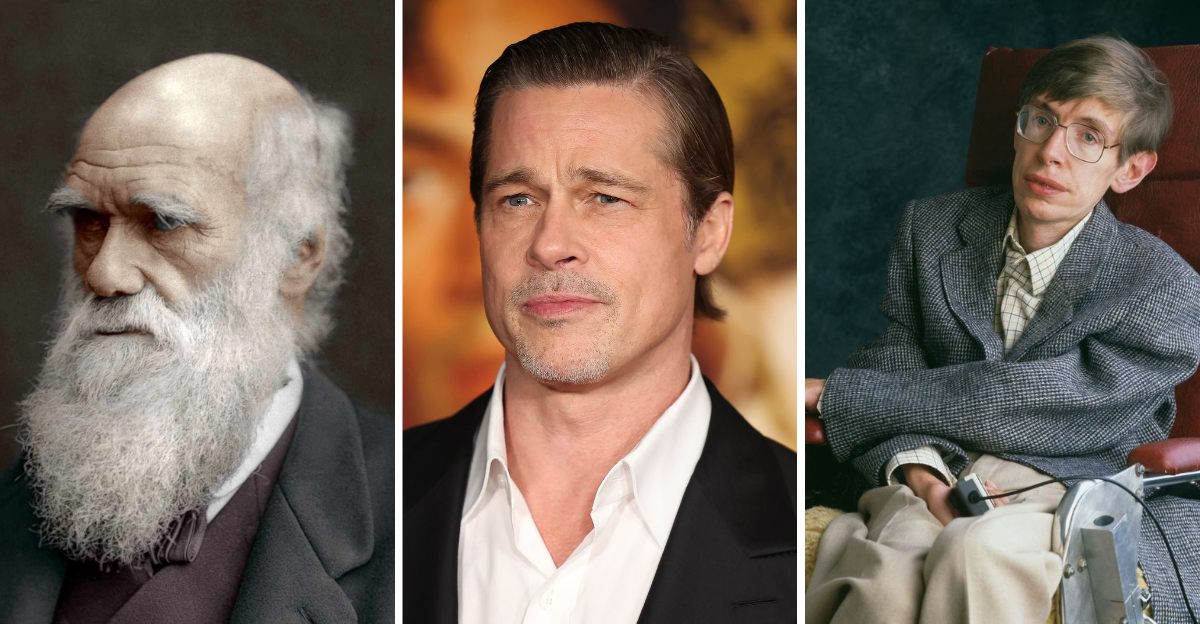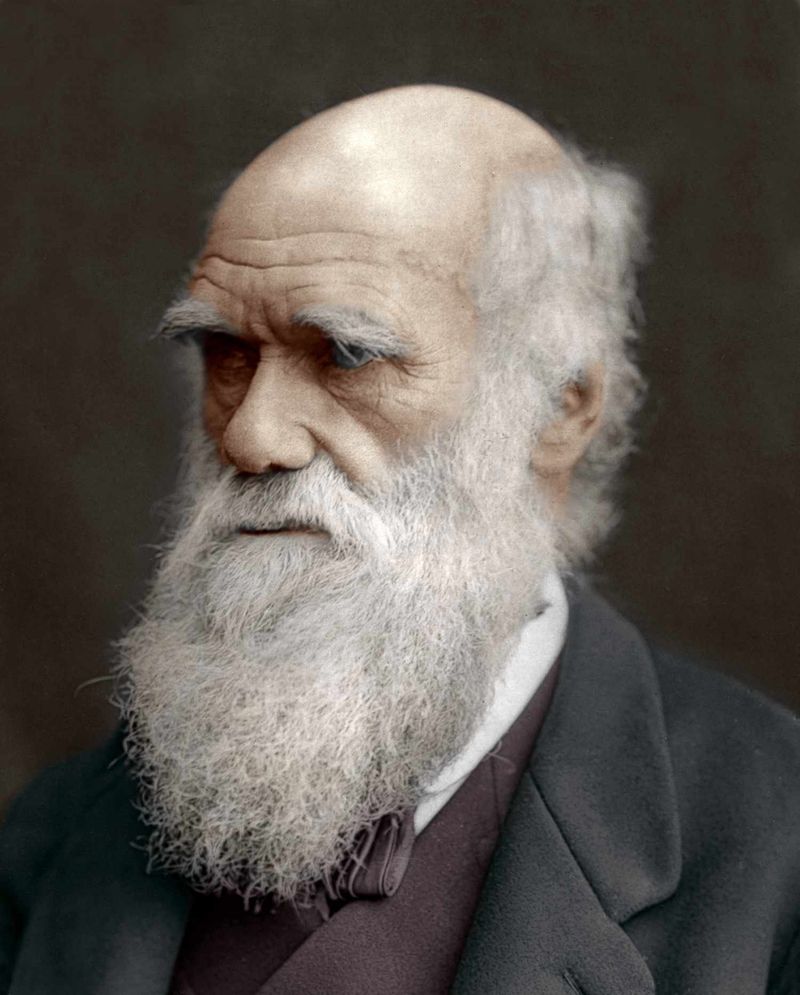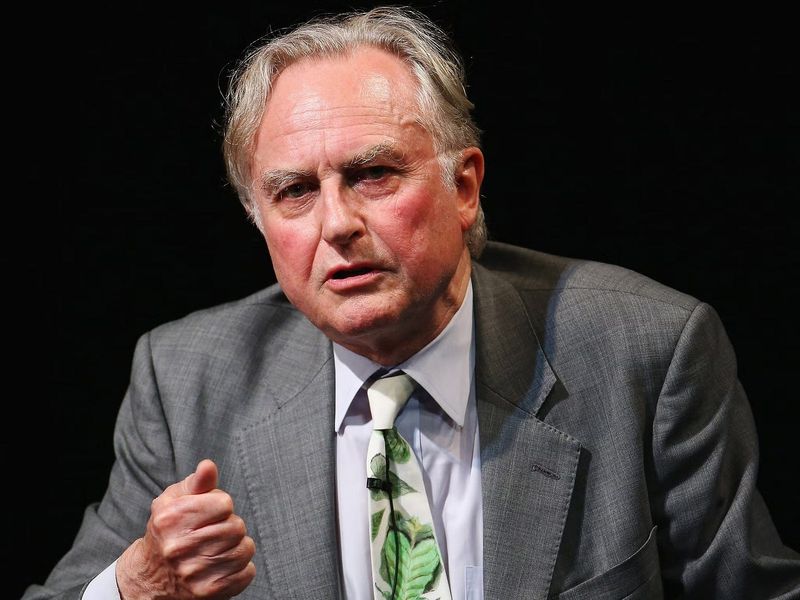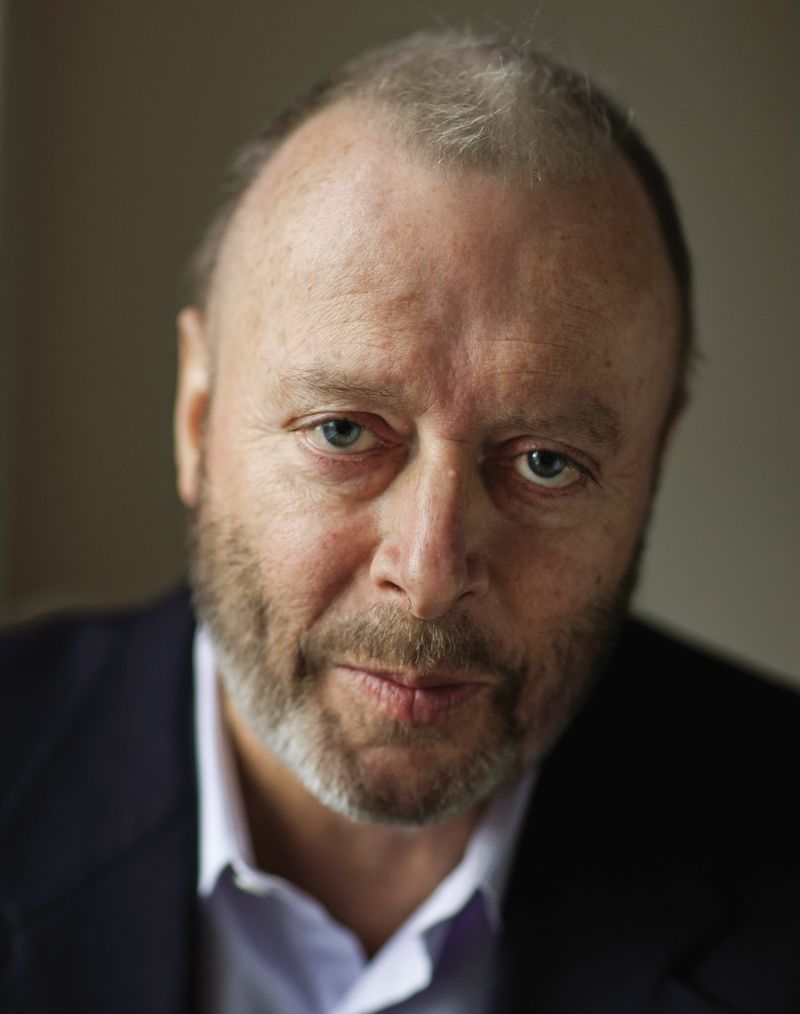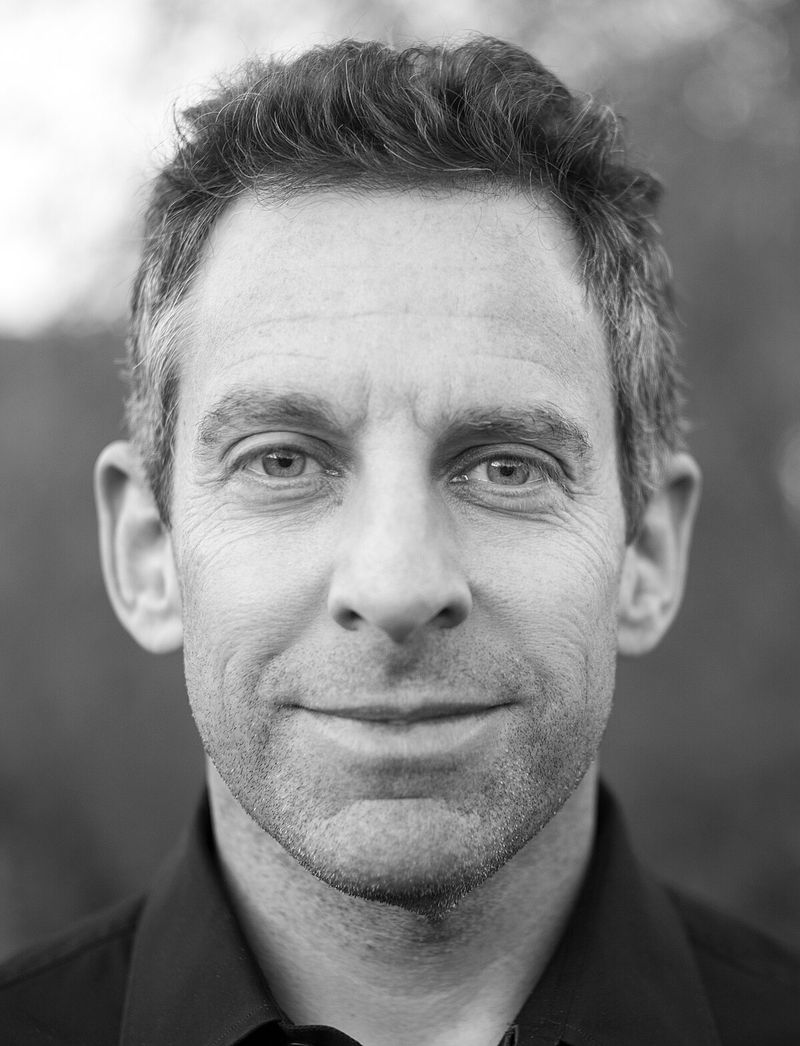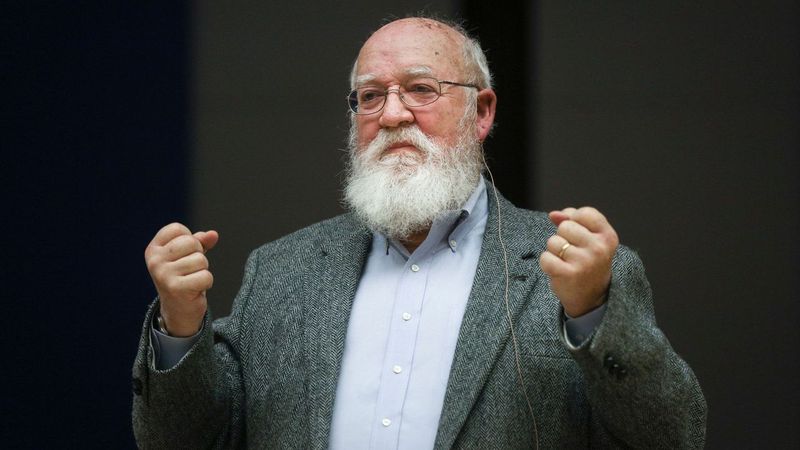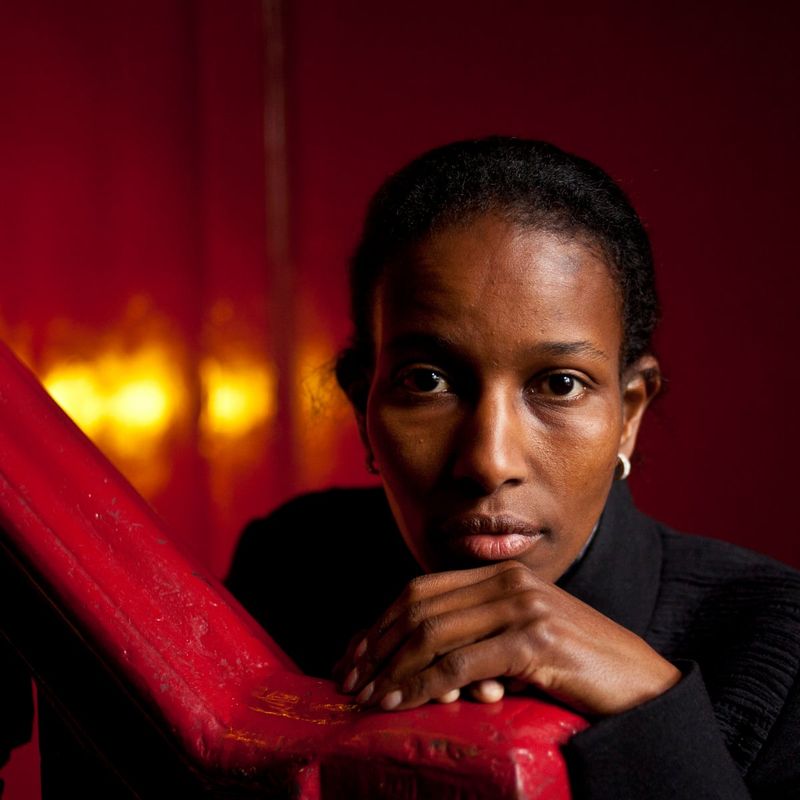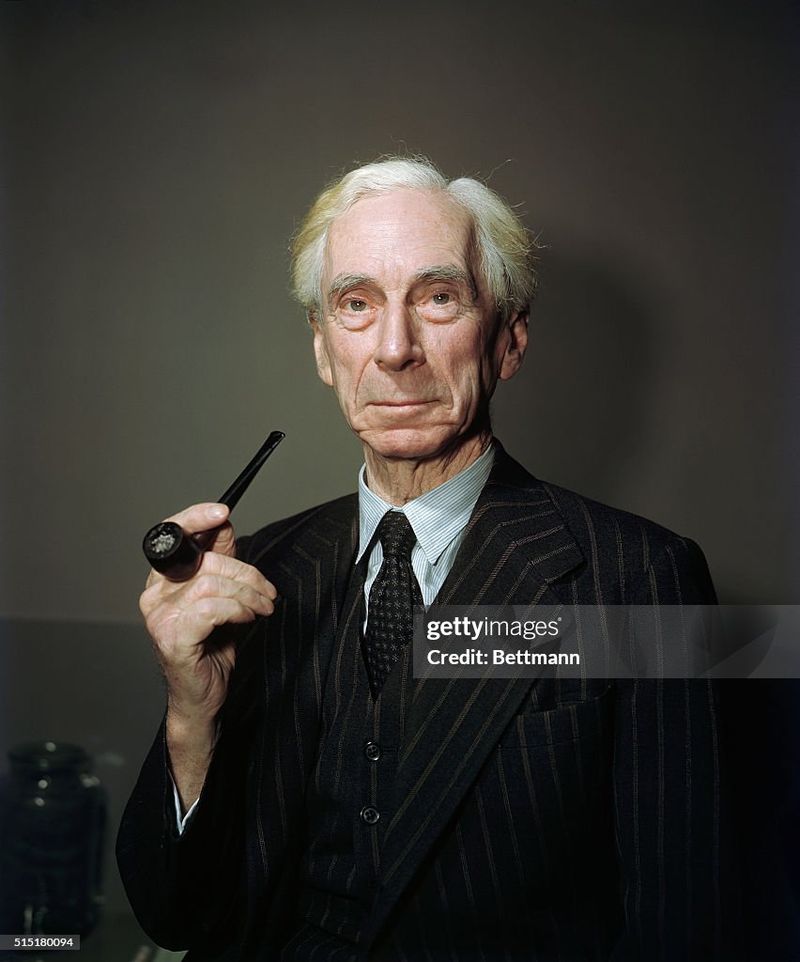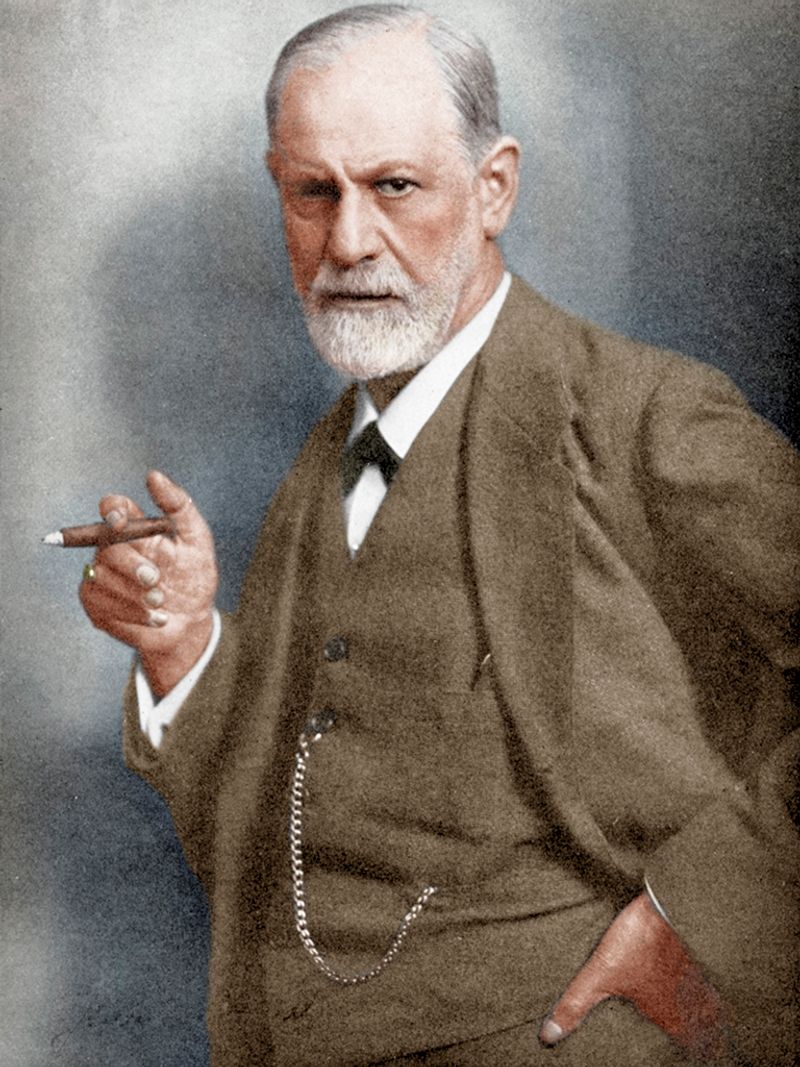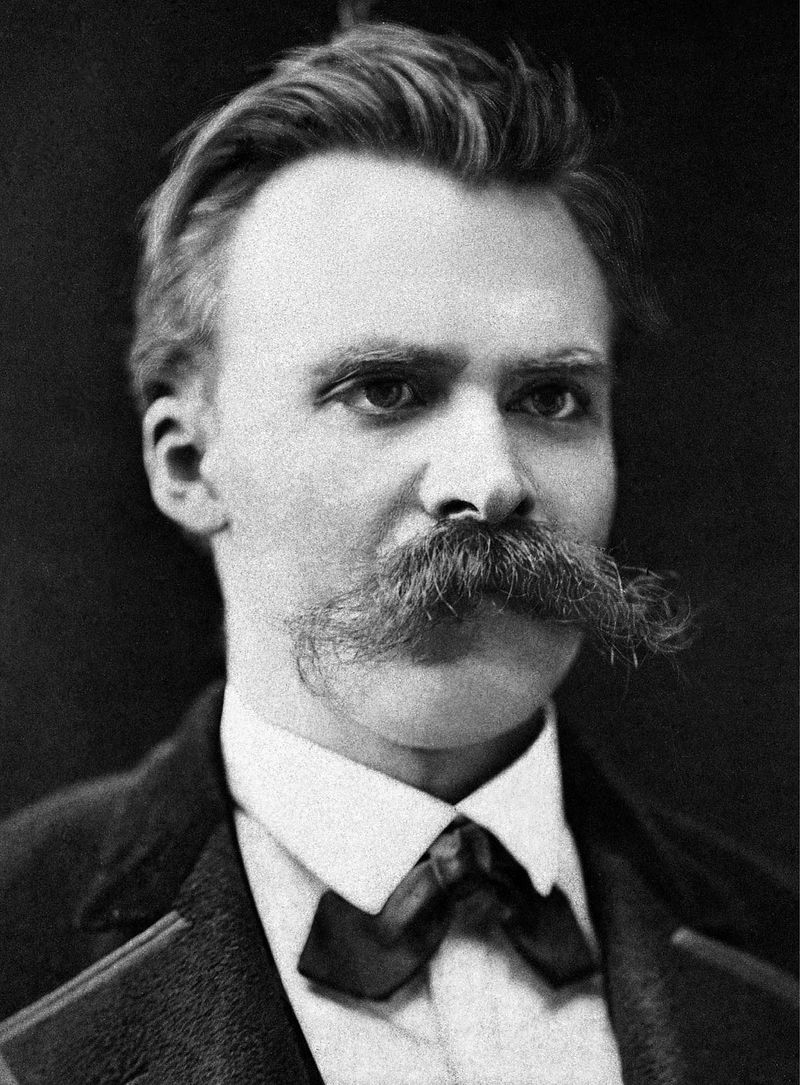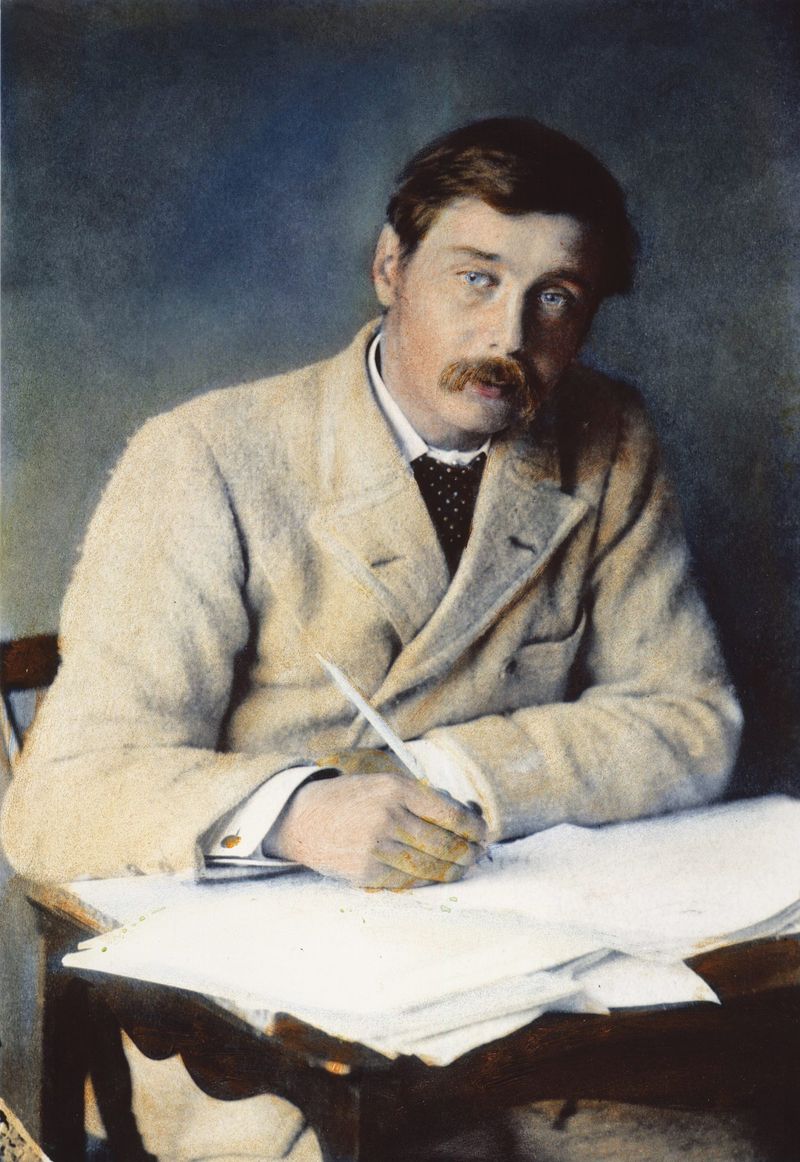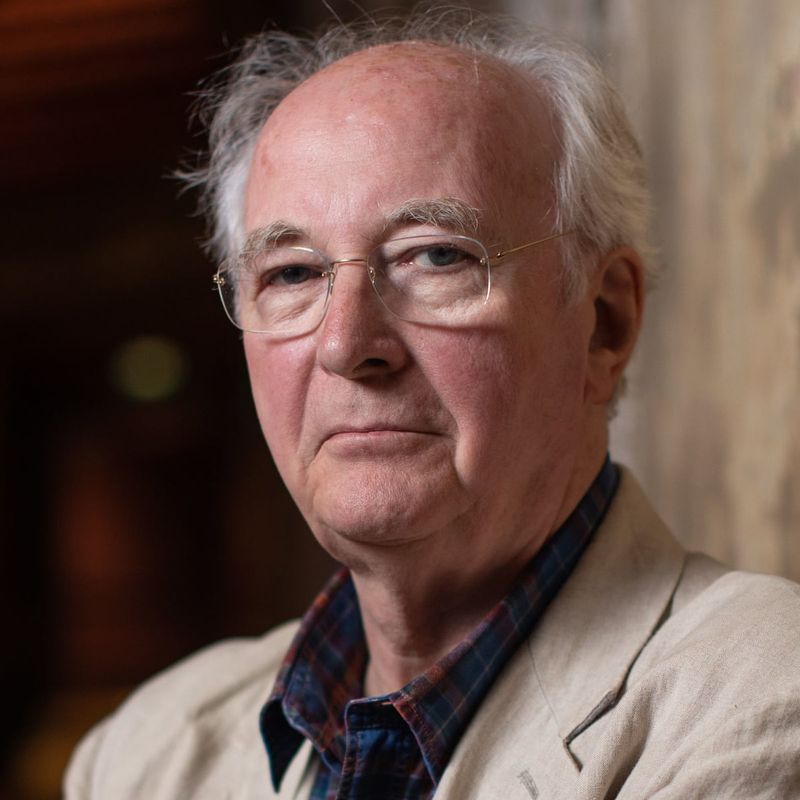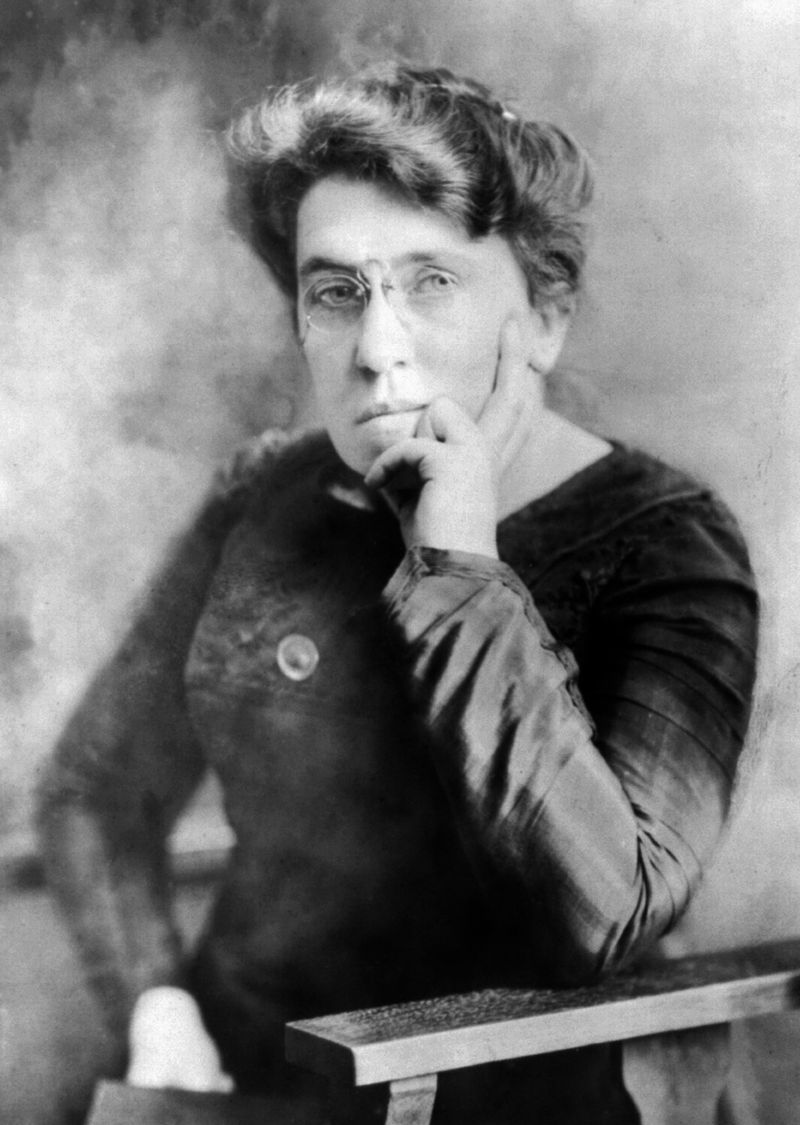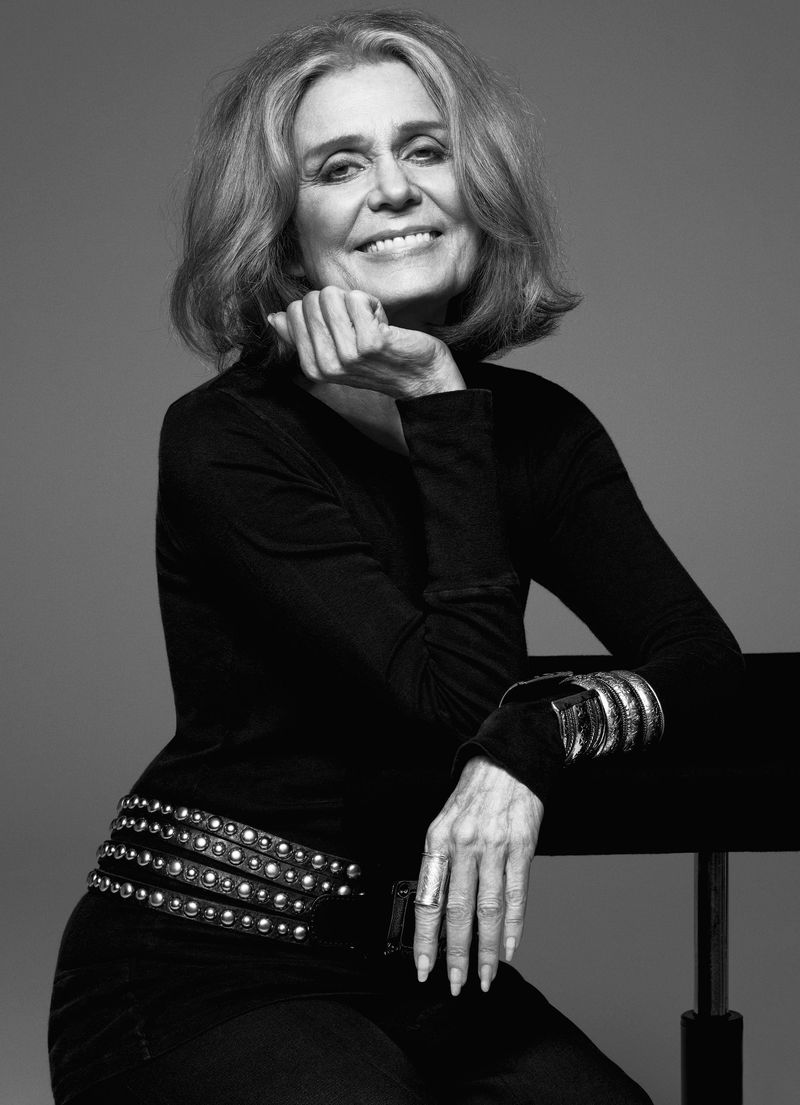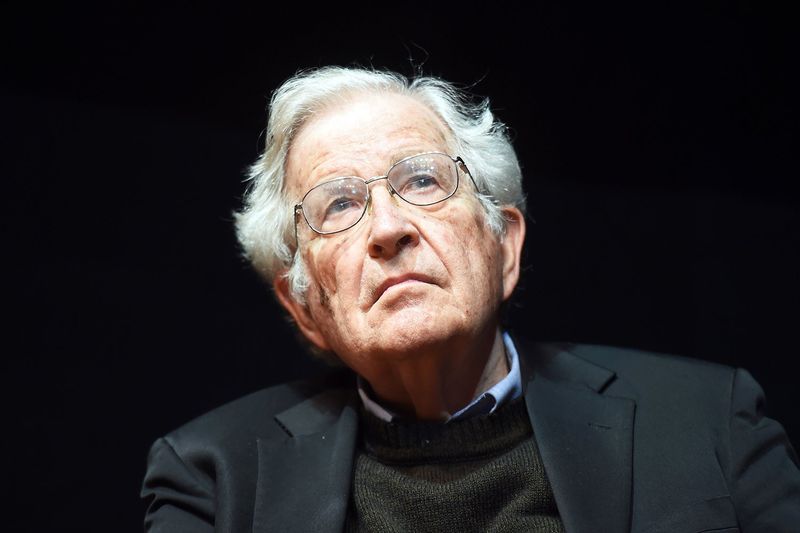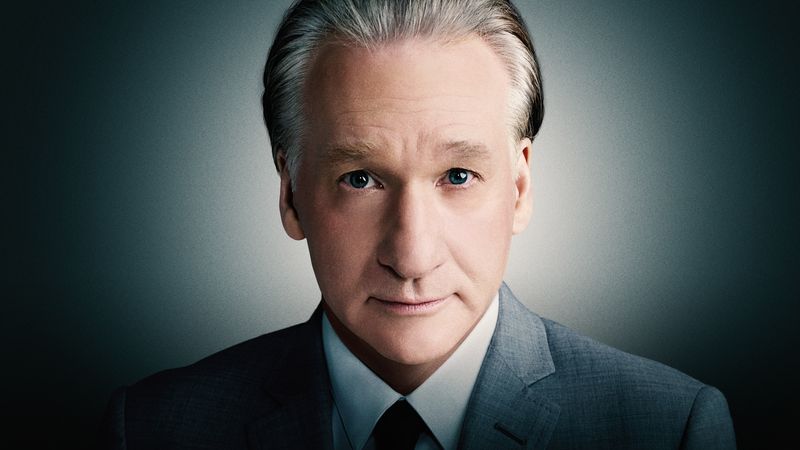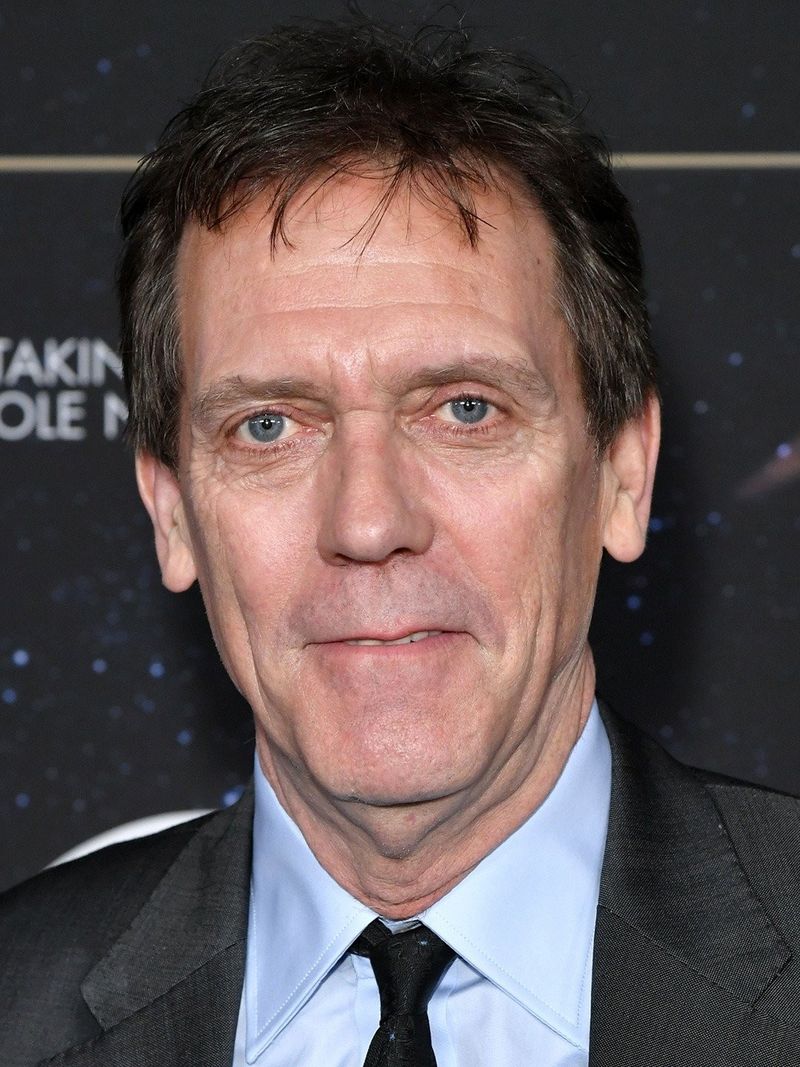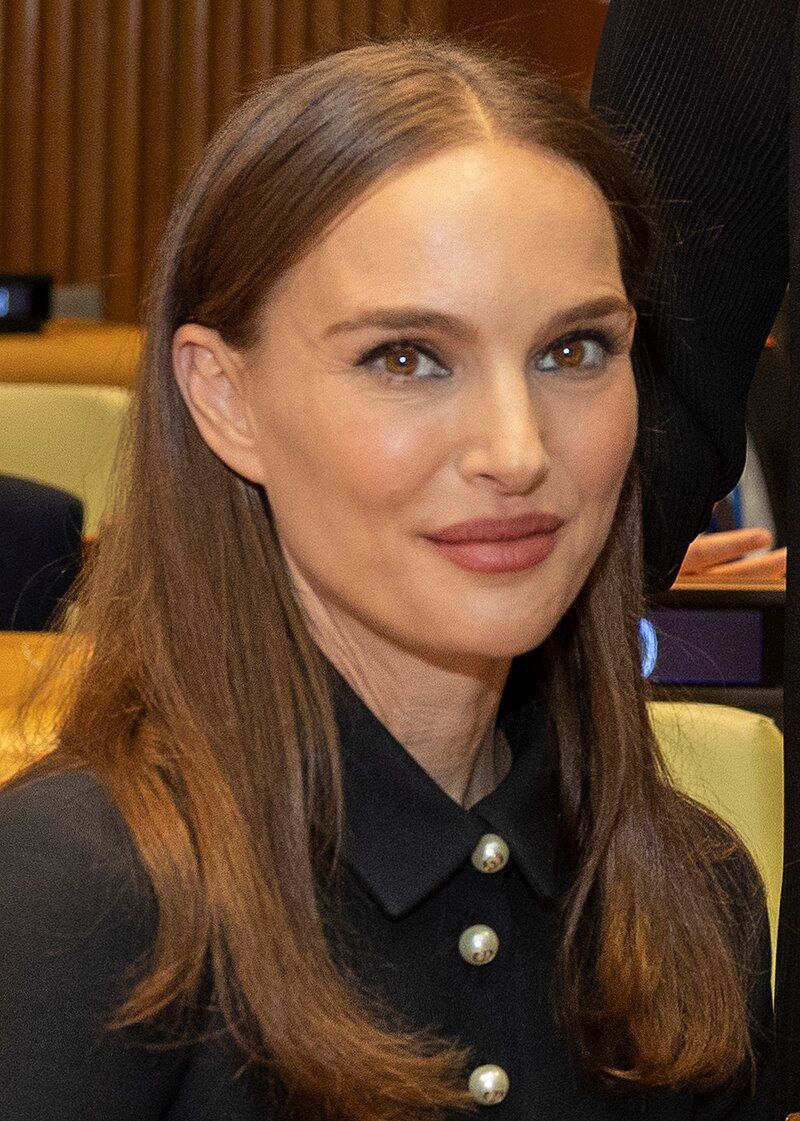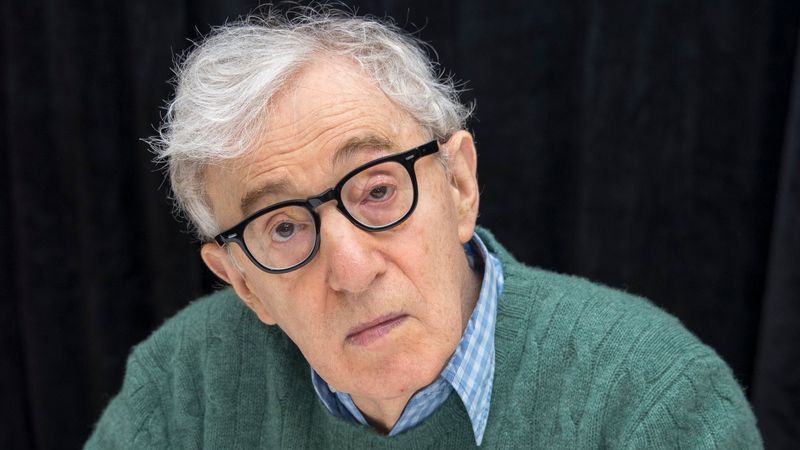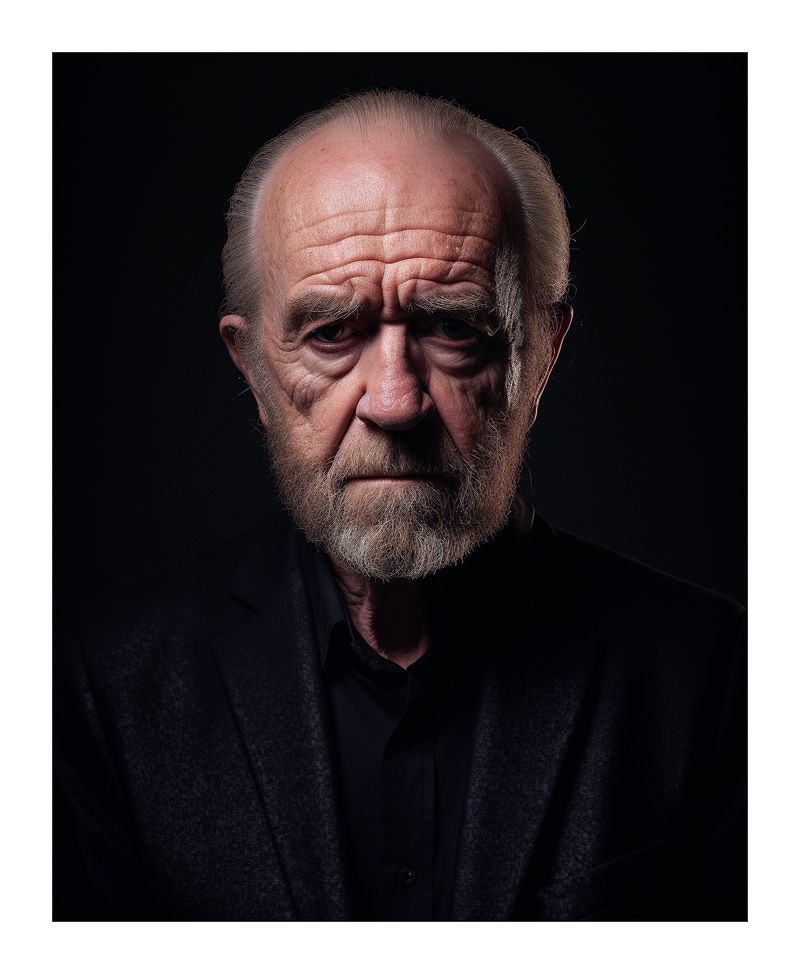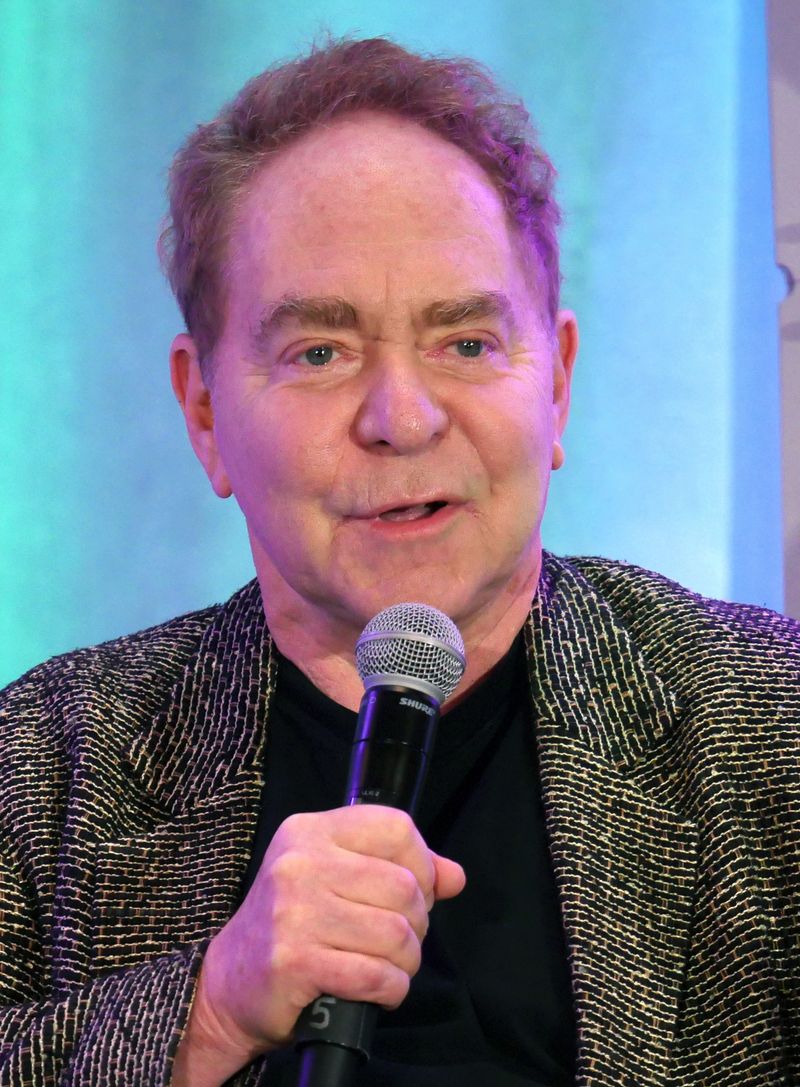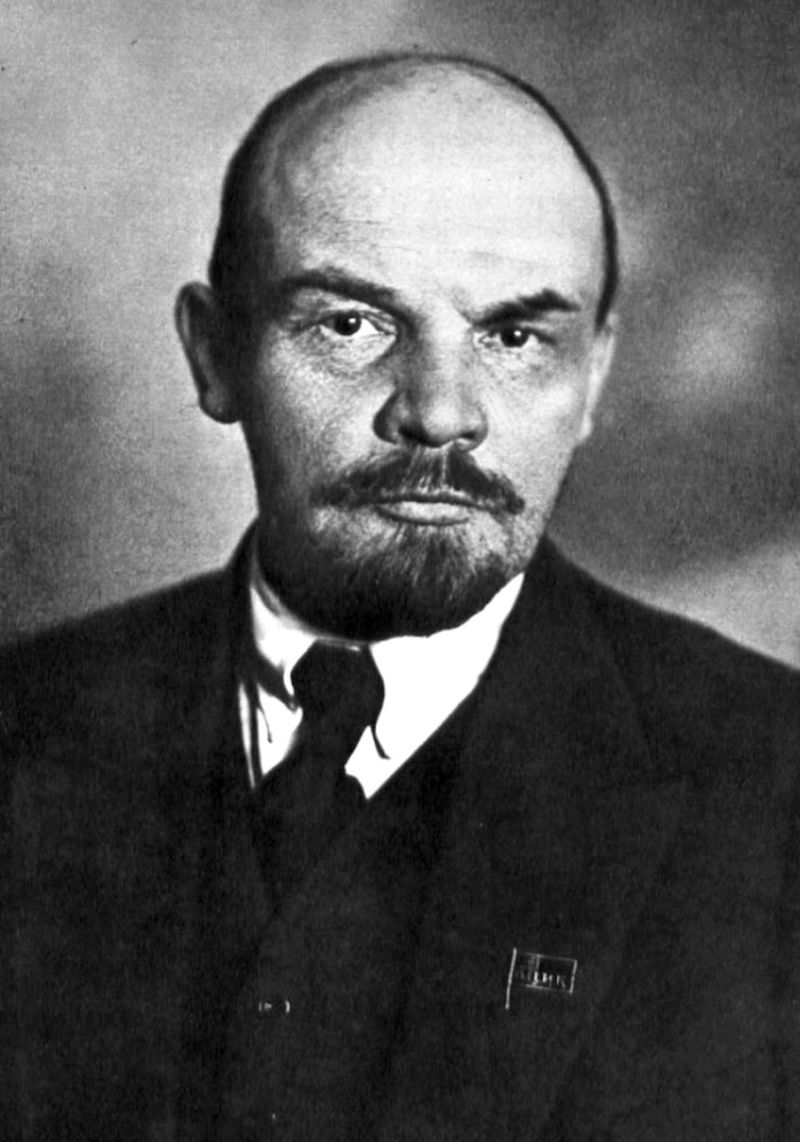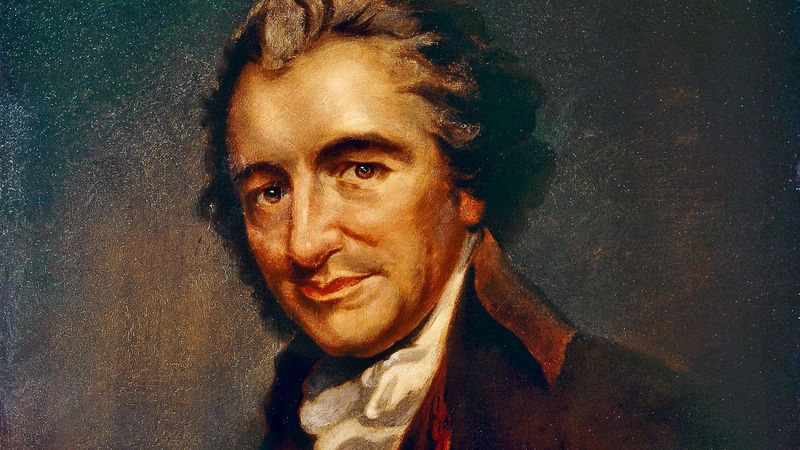Atheism, the absence of belief in deities, has been embraced by many influential figures throughout history.
These individuals, ranging from scientists and philosophers to entertainers and political leaders, have shaped our understanding of the world, often challenging prevailing religious norms.
In this collection, we explore 35 renowned atheists who have left an indelible mark on various fields.
Each of these personalities has contributed uniquely to their respective domains while maintaining a skeptical view of religious beliefs, demonstrating that a lack of religious faith can coexist with profound insight and creativity.
1. Charles Darwin
Charles Darwin, renowned for his groundbreaking work on evolution, fundamentally altered our understanding of life’s diversity. Born in 1809, he embarked on a voyage aboard the HMS Beagle, which catalyzed his revolutionary ideas. Darwin’s “On the Origin of Species” introduced the theory of natural selection.
Despite being a cautious communicator of his own beliefs, Darwin’s work challenged religious dogma by proposing a natural explanation for the diversity of life. His legacy endures, influencing countless scientific fields and prompting ongoing debates about science and religion. Darwin remains a cornerstone in the history of biological sciences.
2. Richard Dawkins
Richard Dawkins, a prominent evolutionary biologist, has become a vocal advocate for atheism. Born in 1941, Dawkins gained fame with “The Selfish Gene,” which popularized the gene-centered view of evolution. His outspoken criticism of religion is best encapsulated in his bestseller, “The God Delusion.”
Dawkins argues for a rational worldview based on scientific evidence, debunking religious claims with authority and wit. His work not only advocates for atheism but also encourages critical thinking and scientific inquiry. Despite controversy, Dawkins continues to inspire new generations to question and explore.
3. Stephen Hawking
Stephen Hawking, famed for his contributions to theoretical physics, was an iconic figure in science. Born in 1942, Hawking defied a debilitating illness to explore the universe’s mysteries. His book, “A Brief History of Time,” brought complex concepts to the masses.
Hawking was open about his atheism, believing that science offers explanations that negate the need for a deity. He explored black holes and the nature of time, leaving a legacy marked by profound scientific advancements. Hawking’s life story is one of triumph over adversity, coupled with a deep commitment to unraveling the universe’s secrets.
4. Carl Sagan
Carl Sagan, a distinguished astronomer and science communicator, inspired millions with his passion for the cosmos. Born in 1934, he was pivotal in popularizing science through his TV series “Cosmos.” Sagan’s ability to simplify complex concepts made science accessible to all.
As an atheist, Sagan championed skepticism and the scientific method as tools to understand the universe. His work emphasized the importance of critical inquiry over religious doctrine. Sagan’s legacy endures, encouraging people to remain curious and persistent in seeking knowledge about our place in the cosmos.
5. Christopher Hitchens
Christopher Hitchens, an influential author and critic, was known for his sharp wit and eloquence. Born in 1949, he became a leading voice in the New Atheism movement, challenging religious concepts head-on. His book, “God Is Not Great,” critiques religion’s influence on society.
Hitchens’ debates and writings urged individuals to question authority and prioritize rational thought. Despite his controversial views, he garnered respect for his commitment to free speech and intellectual discourse. Hitchens’ legacy lies in his fearless advocacy for secularism and his ability to provoke thought and debate.
6. Sam Harris
Sam Harris, a neuroscientist and philosopher, is celebrated for his clear, logical arguments against religious belief. Born in 1967, Harris gained prominence with his book “The End of Faith,” which critiques organized religion’s role in global conflicts.
Advocating for a scientific approach to morality, Harris argues that ethics should be grounded in human well-being rather than divine command. His thought-provoking work encourages dialogue on religious tolerance and ethical living. Harris continues to engage audiences with his insights into the intersection of science, morality, and belief.
7. Daniel Dennett
Daniel Dennett, a philosopher and cognitive scientist, has contributed significantly to the study of consciousness and atheism. Born in 1942, Dennett is known for his book “Breaking the Spell,” which examines religion through a scientific lens.
Dennett’s work explores the evolutionary origins of religious belief, advocating for a rational understanding of faith. His engaging style and clear reasoning make complex ideas accessible. Dennett’s efforts to explain the natural basis of belief systems challenge traditional notions, encouraging a deeper exploration of science and philosophy.
8. Ayaan Hirsi Ali
Ayaan Hirsi Ali, a Somali-born activist and author, is known for her outspoken criticism of Islam. Born in 1969, she fled to the Netherlands to escape forced marriage, gaining political asylum. Her book, “Infidel,” details her journey from devout Muslim to atheist.
Hirsi Ali advocates for women’s rights and secularism, challenging religious practices that oppress. Her courage in addressing controversial topics has made her a target for threats, yet she remains resolute. Hirsi Ali’s work continues to inspire those advocating for freedom and human rights, promoting dialogue on religion and reform.
9. Bertrand Russell
Bertrand Russell, a philosopher and logician, profoundly influenced modern thought. Born in 1872, he contributed to a wide range of disciplines, including mathematics and social advocacy. His book “Why I Am Not a Christian” articulates his reasons for atheism.
Russell’s work emphasized reason and scientific inquiry over religious doctrine, promoting a skeptical approach to faith. His writings continue to provoke thought and inspire critical examination of societal norms. Russell’s legacy as a champion of peace, education, and rational discourse remains influential in philosophical and secular circles.
10. Sigmund Freud
Sigmund Freud, the father of psychoanalysis, revolutionized our understanding of the human mind. Born in 1856, his theories on unconscious motivations transformed psychology. Freud viewed religion as an illusion, a psychological construct born from human needs.
His critiques of religious belief challenged traditional views, proposing that faith stems from deep-seated psychological desires. Freud’s work laid the groundwork for exploring the mind’s complexities, influencing numerous fields. While controversial, his insights continue to inspire debate and exploration in the realms of psychology and secular thought.
11. Friedrich Nietzsche
Friedrich Nietzsche, a German philosopher, remains a pivotal figure in existential thought. Born in 1844, he questioned traditional morality and religion, famously declaring “God is dead.” Nietzsche’s works explore themes of individuality and the will to power.
He urged people to create their own values in the absence of divine authority, promoting a life of authenticity and self-discovery. Nietzsche’s philosophical ideas challenged established norms and continue to resonate in contemporary discussions on faith and morality. His legacy endures as a profound influence on modern existentialist thought.
12. Karl Marx
Karl Marx, a revolutionary thinker, reshaped political and economic landscapes with his ideas. Born in 1818, Marx critiqued capitalism and religion, viewing them as tools of oppression. His seminal work, “The Communist Manifesto,” advocates for a classless society.
Marx’s atheism was integral to his critique of religion, which he considered an opiate for the masses. His theories have sparked revolutions and discussions on economic equality. Despite controversy, Marx’s work continues to influence political thought and inspire movements advocating for social justice and equity.
13. Mark Twain
Mark Twain, one of America’s greatest writers, was also known for his skeptical views on religion. Born in 1835, his works, such as “The Adventures of Huckleberry Finn,” critique societal norms with humor and wit.
Twain’s irreverent take on religion and authority is evident in his essays and speeches. He challenged orthodox beliefs, advocating for reason and critical thinking. Twain’s legacy as a master storyteller and social critic endures, continuing to entertain and provoke thought on the complexities of human nature and belief.
14. George Orwell
George Orwell, a revered writer and social critic, is best known for his novels “1984” and “Animal Farm.” Born in 1903, Orwell critiqued totalitarian regimes and championed democratic socialism. His writings reflect a deep skepticism of religious and political authority.
Orwell’s atheism informed his advocacy for truth and freedom from dogma, whether religious or political. His insightful critiques of power dynamics continue to resonate in discussions on liberty and ethics. Orwell’s work remains a vital part of literary and political discourse, encouraging vigilance against oppression.
15. H.G. Wells
H.G. Wells, a pioneer of science fiction, envisioned futures that challenged societal norms. Born in 1866, his works, such as “The War of the Worlds,” explore themes of progress and human nature. Wells’ atheism is evident in his criticism of organized religion and advocacy for scientific advancement.
He believed in the power of knowledge and rationality to improve society, often portraying religion as a hindrance to progress. Wells’ narratives continue to inspire and provoke thought, highlighting the interplay between science, ethics, and belief. His legacy endures in both literature and social thought.
16. Douglas Adams
Douglas Adams, celebrated author of “The Hitchhiker’s Guide to the Galaxy,” infused his work with humor and philosophical musings. Born in 1952, Adams’ writing often reflects his atheist views, questioning the existence of gods with wit and satire.
His unique blend of comedy and critical thought challenges readers to ponder life’s absurdities. Adams believed in the importance of curiosity and skepticism, encouraging exploration beyond conventional beliefs.
His imaginative storytelling continues to entertain and inspire, leaving a lasting impact on both literature and the philosophical discourse on belief.
17. Philip Pullman
Philip Pullman, an acclaimed author, is known for his fantasy series “His Dark Materials.” Born in 1946, Pullman’s work often challenges religious authority, depicting a universe where characters question orthodoxy.
His storytelling encourages readers to think critically about the nature of belief and power. Pullman advocates for a world where questioning and skepticism are valued, promoting a thoughtful approach to religion and authority. His narratives continue to captivate audiences, offering a rich exploration of faith, freedom, and the human spirit.
18. Emma Goldman
Emma Goldman, a fervent anarchist and political activist, was known for her revolutionary ideas. Born in 1869, she advocated for social change and workers’ rights, often challenging religious institutions.
Goldman’s atheism was intertwined with her belief in individual freedom and social justice. She critiqued religion as a tool of control, promoting a vision of a more equitable society. Her activism and writings continue to inspire those seeking societal transformation, highlighting the power of dissent and the pursuit of liberty.
19. Gloria Steinem
Gloria Steinem, a leading feminist and social activist, has been a powerful voice for equality. Born in 1934, Steinem’s work in women’s rights and social justice is widely recognized. Her secular views challenge patriarchal structures, promoting equality and empowerment.
Steinem advocates for a world where gender and religious biases are dismantled, fostering a society based on equality and human rights. Her efforts have paved the way for future generations, inspiring continued activism and dialogue on gender and social issues.
20. Noam Chomsky
Noam Chomsky, a linguist and political activist, is renowned for his critiques of media and power structures. Born in 1928, Chomsky’s work spans linguistics, cognitive science, and political theory. His secular views challenge authoritarianism and promote rational discourse.
Chomsky encourages critical examination of societal norms, advocating for informed and active citizenship. His legacy as a thinker and activist continues to influence discussions on language, power, and human rights, encouraging a deeper understanding of the world.
21. Penn Jillette
Penn Jillette, half of the magic duo Penn & Teller, is known for his skepticism and wit. Born in 1955, Jillette’s performances often incorporate elements of rational inquiry, challenging audiences to reconsider their beliefs.
As an outspoken atheist, he advocates for critical thinking and the questioning of religious dogma. Jillette’s engaging style combines entertainment with thought-provoking messages, promoting a culture of skepticism and exploration. His work continues to entertain and inspire curiosity and rational inquiry.
22. Ricky Gervais
Ricky Gervais, a comedian and actor, is known for his sharp humor and critiques of religion. Born in 1961, Gervais gained fame for his work on “The Office” and his irreverent stand-up routines.
Gervais’ comedic style often questions religious beliefs, using humor to provoke thought and discussion. His secular views advocate for reason and critical thinking, encouraging audiences to question established norms. Gervais’ work continues to entertain and challenge, making him a prominent figure in both comedy and secular discourse.
23. Bill Maher
Bill Maher, a comedian and political commentator, is known for his satirical critiques of religion and politics. Born in 1956, Maher hosts “Real Time with Bill Maher,” where he discusses controversial topics with humor and insight.
Maher’s atheism is a central theme in his work, challenging religious dogma and advocating for secularism. His ability to blend comedy with critical discussion encourages audiences to question beliefs and engage in meaningful dialogue. Maher’s influence extends beyond entertainment, contributing to public discourse on religion and society.
24. Keira Knightley
Keira Knightley, a talented actress known for her roles in films like “Pride & Prejudice,” has also expressed secular views. Born in 1985, Knightley balances her acting career with advocacy on various social issues.
Her secular perspective informs her approach to life and career, promoting values of independence and critical thought. Knightley encourages questioning societal norms, advocating for authenticity and personal growth. Her influence extends beyond the screen, inspiring fans to embrace individuality and thoughtful reflection.
25. Daniel Radcliffe
Daniel Radcliffe, famed for his role as Harry Potter, is also a vocal atheist. Born in 1989, Radcliffe has transitioned from child star to versatile actor, taking on diverse roles.
His secular views align with his advocacy for rational thinking and personal freedom. Radcliffe’s openness about atheism encourages dialogue on belief and identity, promoting acceptance and understanding. His career and advocacy continue to inspire, offering a model of thoughtful engagement with life’s complexities.
26. Jodie Foster
Jodie Foster, an accomplished actress and director, has long been open about her secular beliefs. Born in 1962, Foster’s career spans decades, featuring iconic roles and directorial accomplishments.
Her approach to storytelling reflects her commitment to authenticity and exploration of diverse perspectives. Foster’s secular views encourage critical thinking and empathy, fostering a deeper understanding of human experiences. Her influence in the film industry and beyond continues to inspire reflection and creativity.
27. Hugh Laurie
Hugh Laurie, known for his versatile acting and musical talent, is also a secular thinker. Born in 1959, Laurie gained fame for his role in “House,” where his character often challenges societal norms.
Laurie’s secular views are reflected in his advocacy for reason and independent thought. His ability to blend humor with critical insight makes his work engaging and thought-provoking. Laurie continues to entertain and inspire, encouraging audiences to question and explore the world around them.
28. Angelina Jolie
Angelina Jolie, an actress and humanitarian, has expressed secular views alongside her advocacy for global issues. Born in 1975, Jolie’s career is marked by diverse roles and significant humanitarian efforts.
Her secular perspective influences her approach to life and philanthropy, promoting empathy and action beyond religious boundaries. Jolie’s work continues to inspire and effect change, encouraging others to engage with global challenges thoughtfully and compassionately.
29. Brad Pitt
Brad Pitt, a renowned actor, has also spoken about his atheism. Born in 1963, Pitt’s career includes a wide array of critically acclaimed roles and production credits.
His secular views reflect a focus on personal growth and understanding, encouraging exploration beyond traditional beliefs. Pitt’s openness about his beliefs fosters dialogue and acceptance, inspiring others to embrace individuality and thoughtful inquiry. His influence in film and beyond continues to resonate.
30. Natalie Portman
Natalie Portman, an actress and academic, is known for her intellectual and artistic pursuits. Born in 1981, Portman’s diverse career includes award-winning performances and academic achievements.
Her secular views are part of her commitment to rationality and creativity, advocating for thoughtful engagement with the world. Portman’s work inspires both on screen and off, promoting a blend of intellect, artistry, and critical reflection. Her influence encourages exploration and understanding.
31. Woody Allen
Woody Allen, a filmmaker and comedian, is known for his introspective and humorous works. Born in 1935, Allen’s films often explore existential themes, reflecting his secular worldview.
His approach to storytelling blends comedy with philosophical inquiry, encouraging audiences to reflect on life’s absurdities. Allen’s work continues to entertain and provoke thought, offering a unique perspective on belief and existence. His contributions to film and culture remain significant.
32. George Carlin
George Carlin, a legendary comedian, was known for his sharp critiques of religion and society. Born in 1937, Carlin’s stand-up routines often challenged conventional beliefs with humor and insight.
His secular views fueled his comedy, encouraging audiences to question authority and consider alternative perspectives. Carlin’s legacy as a fearless critic and comedian endures, inspiring laughter and reflection. His influence remains strong in both comedy and social commentary.
33. Teller (of Penn & Teller)
Teller, the silent half of the magic duo Penn & Teller, is known for his innovative performances. Born in 1948, Teller’s work combines magic with intellectual curiosity, often challenging perceptions and beliefs.
As an atheist, he advocates for reason and critical thinking, using magic as a medium to explore and question. Teller’s unique approach continues to entertain and inspire, promoting a deeper appreciation for inquiry and wonder. His influence extends beyond performance, encouraging a thoughtful exploration of the world.
34. Vladimir Lenin
Vladimir Lenin, a revolutionary leader, was instrumental in the formation of the Soviet Union. Born in 1870, Lenin’s Marxist ideologies were inherently atheistic, challenging religious institutions as part of the capitalist structure.
His leadership and revolutionary strategies redefined political landscapes, advocating for a classless society. Lenin’s atheistic views aligned with his vision of societal transformation, promoting secularism as a path to equality. His legacy remains pivotal in discussions of political and religious ideologies.
35. Thomas Paine
Thomas Paine, a political activist and philosopher, played a key role in the American Revolution. Born in 1737, his writings, like “The Age of Reason,” championed deism and critiqued organized religion.
Paine’s advocacy for reason and individual rights influenced revolutionary thought, promoting secular governance. His challenges to religious orthodoxy continue to resonate, inspiring those who seek freedom of thought and expression. Paine’s legacy as a champion of liberty and rational discourse remains influential, encouraging ongoing dialogue on belief and democracy.
